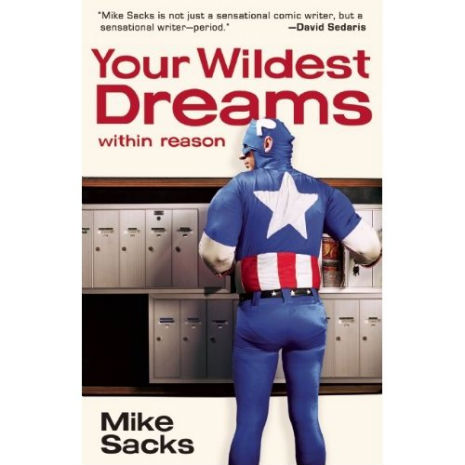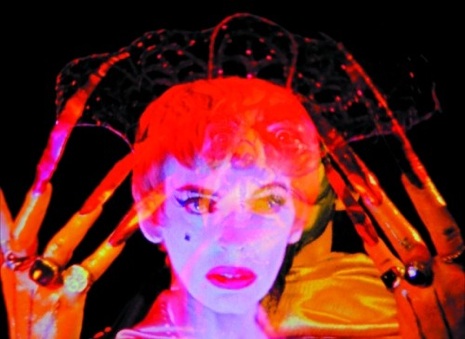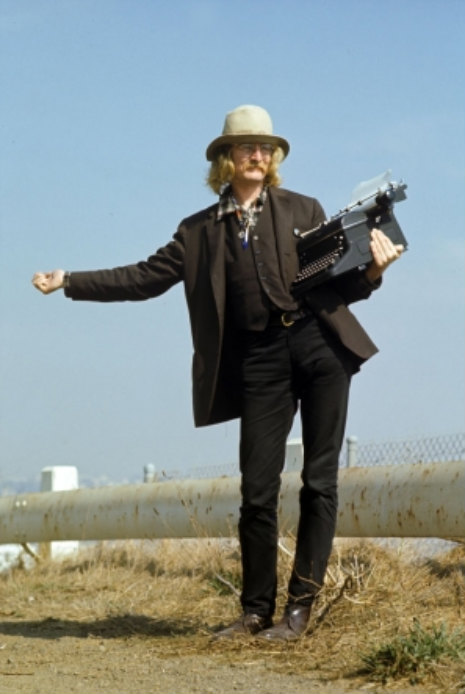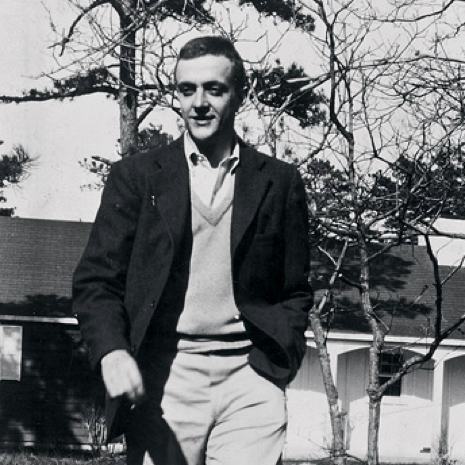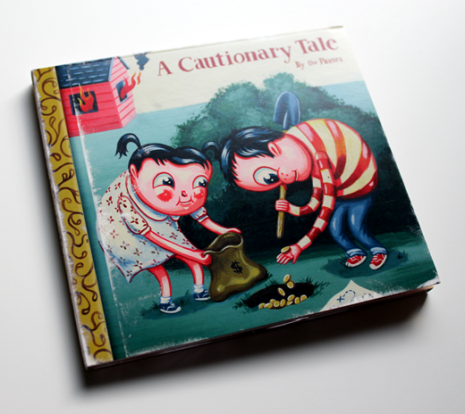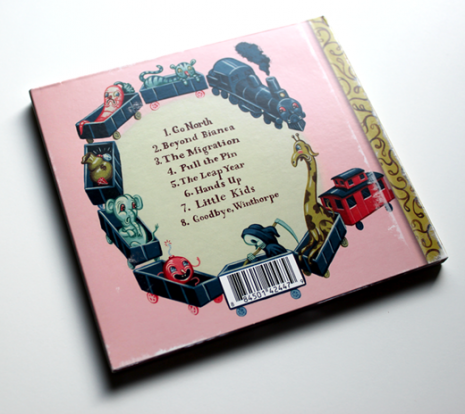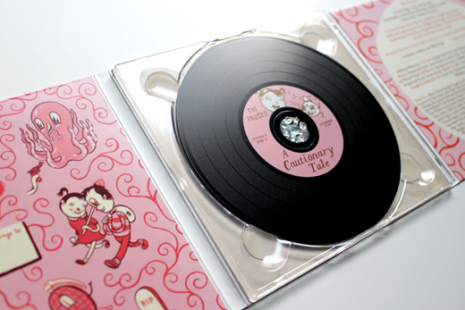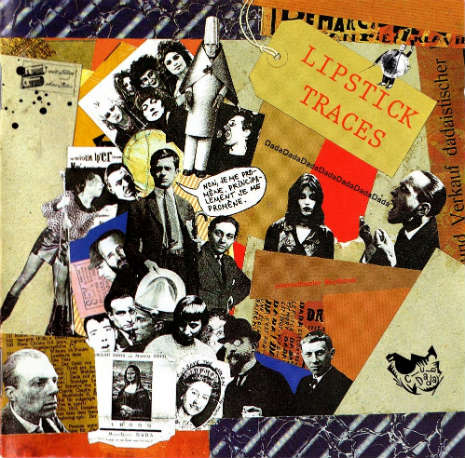
If I had to sit down and compile a list of my top favorite books—which would be difficult for me to do—there would most assuredly be a spot in the top fifty for Greil Marcus’s sprawling, idiosyncratic and essential, Lipstick Traces: A Secret History of the Twentieth Century.
This book is about a single serpentine fact: late in 1976 a record called Anarchy in the U.K. was issued in London, and this event launched a transformation of pop music all over the world. Made by a four-man rock ‘n’ roll band called the Sex Pistols, and written by singer Johnny Rotten, the song distilled, in crudely poetic form, a critique of modern society once set out by a small group of Paris-based intellectuals.
Lipstick Traces, well, traces the critique of capitalism from the Dada art movement through the Situationist International and the May 1968 uprisings in Paris, through to the Sex Pistols and the punk rock explosion. In other words, it is the hidden history of the artistic opposition to capitalist society. It was heavily influenced by the revolutionary avant-garde punk zine “Vague” (a parody of Vogue, if that’s not obvious). I was reading “Vague” from my late teens—I still have most issues—and it had a great deal to do with shaping how I see the world. Marcus cribbed a lot from Tom Vague for Lipstick Traces, which is not to take anything away from Greil Marcus at all, but to simply give credit where its due.
Although I can recall a lot of criticism that was leveled at Lipstick Traces by reviewers when it first came out, the book’s thesis was, in my opinion, on pretty firm ground. It has certainly stood the test of time and has remained in print to this day. I’m told that it’s often used in college courses, which is unsurprising. A twentieth anniversary edition of Lipstick Traces
was published by Harvard Press in 2009
But what many ardent admirers of the book don’t know, it that Rough Trade released a companion “soundtrack” CD to Lipstick Traces that came out in 1993. Like the book, it’s always had pride of place in my vast collection of “stuff.” The CD was rarely encountered in a world prior to Amazon.com (there’s not even a listing for it on Amazon today, either) but now, thanks to the fine folks at Ubuweb, these rare audio documents, lovingly assembled by Marcus, can be heard again. The selection runs the gamut of weird old hillbilly folk, doo-wop, to punk rock from the Slits, Buzzcocks. Gang of Four, The Adverts, Kleenex/Liliput, The Raincoats, The Mekons, a recording of the audience at a Clash gig, and best of all, the blistering mutant be-bop of Essential Logic’s “Wake Up.” Interspersed between the music is spoken word material from French philosopher Guy Debord, Triatan Tzara, Richard Huelsenbeck and even Marie Osmond reciting a brain-damaged version of Hugo Ball’s nonsense poem “Karawane” that must be heard to be believed.
Below, Benny Spellman: “Lipstick Traces (On A Cigarette)”






